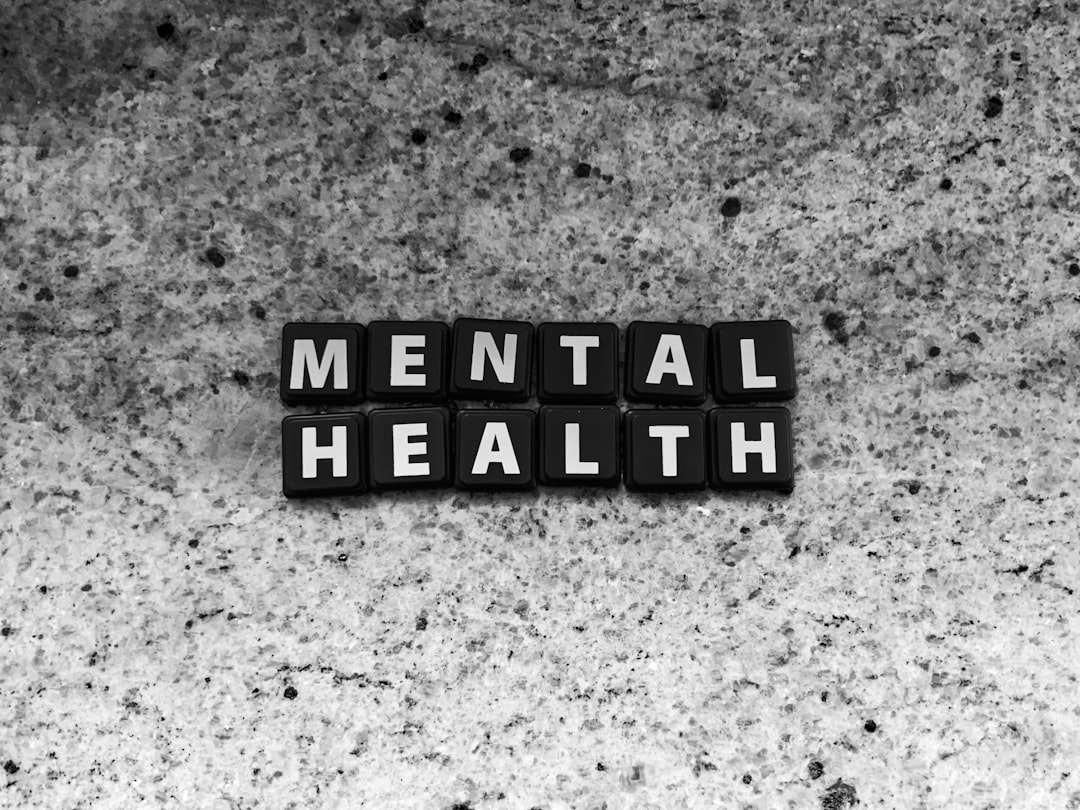
Empowering Wholeness Through Nourishment for Lasting Mental Wellness
In today’s fast-paced world, mental wellness is more important than ever. One of the most effective ways to cultivate lasting mental wellness is through proper nourishment. This guide explores how empowering wholeness through nourishment can enhance your mental health and well-being.
Understanding the Connection between Nutrition and Mental Wellness
Research has increasingly shown that what we eat can significantly impact our mental health. Nutrient-rich foods can boost mood, reduce anxiety, and improve cognitive functions. Foods rich in omega-3 fatty acids, antioxidants, vitamins, and minerals play a crucial role in supporting brain health.
Key Nutrients for Mental Wellness
-
Omega-3 Fatty Acids: Found in fatty fish like salmon, walnuts, and flaxseeds, omega-3s have been linked to a lower risk of depression and anxiety. A study published in the Journal of Clinical Psychiatry highlighted that omega-3 supplementation can significantly improve symptoms of depression.
-
Antioxidants: Fruits and vegetables are packed with antioxidants that combat oxidative stress in the brain. Berries, leafy greens, and nuts are excellent sources. A review in the Nutrients journal found that antioxidant-rich diets are associated with a lower prevalence of mood disorders.
-
B Vitamins: Vitamins B6, B12, and folate are essential for brain health. They assist in neurotransmitter production, which regulates mood. Foods like eggs, dairy, leafy greens, and legumes are rich in B vitamins.
-
Magnesium: This mineral plays a role in regulating mood and stress levels. Foods high in magnesium include dark chocolate, nuts, and whole grains. Studies suggest that magnesium deficiency is linked to increased anxiety and depression symptoms.
Practical Strategies for Nourishing Mental Wellness
Incorporating nutrient-dense foods into your diet can be a powerful tool for enhancing mental wellness. Here are some actionable strategies:
1. Embrace a Balanced Diet
Aim for a diet that includes a variety of food groups. Focus on whole grains, lean proteins, healthy fats, and plenty of fruits and vegetables. The Mediterranean diet, which emphasizes these components, has been associated with improved mental health outcomes.
2. Stay Hydrated
Dehydration can negatively impact cognitive function and mood. Make it a habit to drink plenty of water throughout the day. Herbal teas and water-rich fruits can also help meet hydration needs.
3. Mindful Eating
Practicing mindfulness while eating can enhance your relationship with food. This approach encourages you to listen to your body’s hunger cues and appreciate the flavors and textures of your meals. Mindful eating has been shown to reduce emotional eating and improve overall satisfaction with meals.
4. Limit Processed Foods
Highly processed foods often contain unhealthy fats, sugars, and additives that can negatively impact mental health. Strive to minimize these foods in your diet and choose whole, unprocessed options instead.
5. Meal Prep for Success
Planning and preparing your meals in advance can help you make healthier choices and avoid the temptation of convenient but unhealthy foods. Allocate a day for meal prep to create balanced meals that you can easily access throughout the week.
Addressing Common Misconceptions
One common misconception is that diet alone can cure mental health issues. While nutrition plays a vital role, it’s essential to consider a holistic approach that includes physical activity, social connections, and professional help when needed.
Another misconception is that healthier foods are always more expensive. In reality, many nutrient-dense foods like beans, lentils, and seasonal fruits and vegetables can be affordable and accessible.
Encouragement for Your Wellness Journey
Empowering wholeness through nourishment is a journey, not a destination. Start small by incorporating one or two of these strategies into your daily routine. Celebrate your progress, and remember that every small step counts toward your overall mental wellness.
Further Reading and Resources
To deepen your understanding of nutrition’s impact on mental health, consider exploring the following resources:
- Nutritional Psychiatry: Your Brain on Food
- The Role of Nutrition in Mental Health
- Mindful Eating: A Guide
By prioritizing nourishing foods and adopting healthy eating habits, you can empower your wholeness and enhance your mental wellness. Embrace this journey, share your experiences, and inspire others to prioritize their health and well-being.


